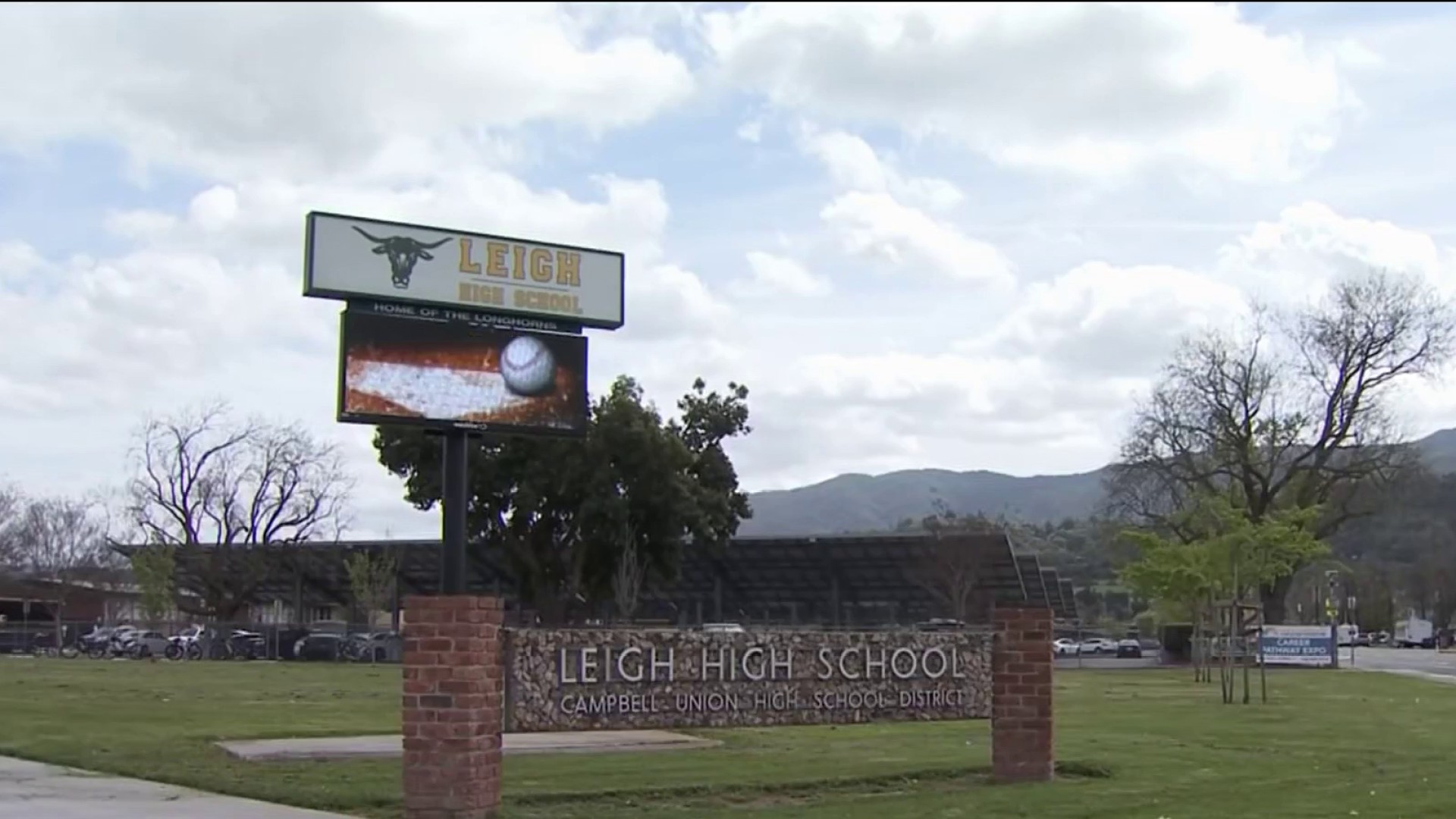California will create an Internet-based insurance exchange to let consumers comparison-shop for affordable health insurance coverage under two of the many laws taking effect with the new year.
Gov. Arnold Schwarzenegger signed bills in September making California the first state to authorize an oversight board for an insurance exchange marketplace since the federal health care overhaul was enacted earlier this year. Massachusetts implemented its exchange before the federal reforms.
The Republican governor and Democratic legislative leaders who carried SB900 and AB1602 said the companion bills will drive down costs and give consumers more options by promoting competition between health insurance companies. Republican lawmakers countered that the measures create an expensive new health care bureaucracy even before the federal law takes effect in 2014.
Supporters said the five-member board overseeing the California Health Benefit Exchange will need those three years to hire staff, set up the program, select health plans to participate and enroll Californians needing health insurance.
Health and Human Services Agency spokeswoman Amy Palmer says establishing such a mechanism is "an extraordinary job in the best of circumstances," let alone while the state faces a budget deficit of at least $25 billion through June 2012 and a change in administration.
The health agency secretary is one of five board members. Gov.-elect Jerry Brown made it one of his first two appointment announcements in early December, a month before he was set to take office. Brown said he would retain Schwarzenegger's finance director and appoint Diana Dooley as the new health secretary. Dooley had been president and chief executive of the California Children's Hospital Association.
"The governor-elect supported the president's efforts early on and will continue to do so," Brown spokesman Evan Westrup said.
Local
Schwarzenegger is to appoint two members of the California Health Benefit Exchange before his term ends Jan. 3, and the Legislature will appoint the remaining two.
Those laws are among many taking effect Jan. 1. A look at some of the others:
- Possession of up to one ounce of marijuana becomes an infraction no more serious than a speeding ticket. The maximum penalty of a $100 fine and no jail time does not change under SB1449 by Sen. Mark Leno, D-San Francisco. However, reducing the crime from a misdemeanor to an infraction means offenders will no longer face arrest, a criminal record and having to appear in court.
- While punishment decreases for low-level marijuana possession, it increases for paparazzi caught driving recklessly while chasing celebrities. The offense increases from an infraction to a misdemeanor punishable by up to six months in jail and a $2,500 fine under AB2479 by Assemblywoman Karen Bass, D-Los Angeles.
- Impersonating someone online through fake social network pages, texting or e-mails becomes a misdemeanor punishable by a fine of up to $1,000 and a year in jail. Sen. Joe Simitian, D-Palo Alto, said his SB1411 updates the state's impersonation law, which dates to 1872, to outlaw "e-personation." Prosecutors must prove the impersonator had the criminal intent to harm, intimidate, threaten or defraud. Victims can sue for damages.
- Automakers and owners can place video recording devices on their vehicles' windshields under AB1942 by Assemblyman Nathan Fletcher, R-San Diego. The monitors record continuously, but save video and audio for up to 30 seconds if there is a crash or unusual vehicle motion.
- Three new laws are intended to speed up searches for missing persons in response to a convicted sex offender's slaying of two teenage girls in San Diego. AB33 requires uniform guidelines on how police respond; AB34 requires quicker reports to the state Department of Justice and National Missing and Unidentified Persons system; and AB1022 creates a Justice Department missing persons coordinator. The bills were carried by Assemblymen Paul Cook, R-Yucca Valley, and Pedro Nava, D-Santa Barbara.
- Prosecutors can charge parents with misdemeanors if their children miss too much school under SB1317 by Sen. Mark Leno, D-San Francisco. Parents could face up to a year in jail and $2,000 fine if prosecutors prove they failed to reasonably supervise and encourage their student to attend school. The truancy law sought by incoming Attorney General Kamala Harris applies to parents or guardians of children age 6 or older in kindergarten through eighth grade.
- The Amber Alert notification system can be used when there is an attack on a law enforcement officer and the suspect has fled under SB839 by Sen. George Runner, R-Lancaster. The Blue Alerts may be triggered when an officer is killed or seriously wounded and could provide vehicle or suspect descriptions on television, radio stations and freeway signs.
- Anyone under 21 who wants to drive a motorcycle must complete a safety course before being issued an instruction permit under AB2499 by Assemblyman Roger Niello, R-Fair Oaks. The Department of Motor Vehicles says there are more than 6,000 drivers age 19 and younger already licensed to drive motorcycles.
- Courts can seize property used in human trafficking, including houses and vehicles, under SB677 by Sen. Leland Yee, D-San Francisco. Traffickers can face civil penalties up to $25,000 on top of any criminal sentence.
- State prison inmates who are incapacitated by health problems can be given "medical parole" to shift some of their cost of care to the federal government under SB1399 by Sen. Mark Leno, D-San Francisco. The inmates already are in outside health facilities but must be guarded around the clock even if prison officials say they pose no danger.
- Plaintiffs and defendants can agree to one-day expedited jury trials under AB2284 by Assemblywoman Noreen Evans, D-Santa Rosa. The law permits eight instead of the usual 12 jurors and limits each side to presenting three hours of evidence, among other provisions. Attorneys say the quick trials will cut costs and help unclog court calendars.
- Foster youth are eligible for state services until they turn 21 under AB12 by Assemblywoman Karen Bass, D-Los Angeles, and Assemblyman James Beall, D-San Jose. Previously they lost all benefits when they turned 18. The new law uses federal funding to help foster youths stay with relatives, in group homes or with a foster family.
- California officially repeals a 60-year old law requiring the Department of Mental Health to research the causes and cures for homosexuality under AB2199 by Assemblywoman Bonnie Lowenthal, D-Long Beach. The 1950 law classified gays as sexual deviants.
- Bakers must stop using trans fat oil under a 2008 law that phased in restrictions on the artery-clogging ingredient. California was the first state to prohibit the use of trans fats under AB97 by Assemblyman Tony Mendoza, D-Artesia. Restaurants, cafeterias and fast food vendors had to switch to an alternative oil a year ago.
- Restaurants and vendors can again sell Asian rice noodles at room temperature under SB888 by Sen. Leland Yee, D-San Francisco. Yee sought the law after the state Department of Public Health and food inspectors cited noodle-makers in San Francisco and Los Angeles for not immediately refrigerating the steam-cooked noodles.
- Landlords will not be allowed to evict tenants who are victims of domestic violence, sexual assault or stalking under SB782 by Sen. Leland Yee, D-San Francisco. The law prohibits landlords from evicting tenants if the primary reason is the tenant's concern of being attacked again.
- One of the year's most significant new laws took effect immediately when it was signed Sept. 9 by Gov. Arnold Schwarzenegger. Assemblyman Nathan Fletcher, R-San Diego, named his AB1844 Chelsea's Law, after Chelsea King, a 17-year-old who was raped and murdered in a San Diego County park this year by a convicted child molester. It allows life without parole sentences for adults who kidnap, drug, bind, torture or use a weapon while committing a sex crime against a minor. Life terms can now be imposed for first-time as well as repeat offenders. It increased other penalties for child molesters, including requiring lifetime parole with GPS tracking for people convicted of forcible sex crimes against children under 14.



